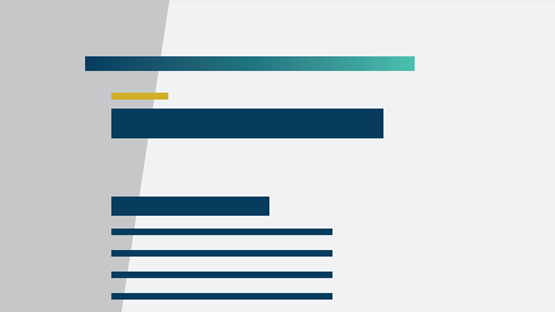Abstract
We study fiscal and monetary policy in a monetary union with the potential for rollover crises in sovereign debt markets. Member-country fiscal authorities lack commitment to repay their debt and choose fiscal policy independently. A common monetary authority chooses inflation for the union, also without commitment. We first describe the existence of a fiscal externality that arises in the presence of limited commitment and leads countries to over-borrow; this externality rationalizes the imposition of debt ceilings in a monetary union. We then investigate the impact of the composition of debt in a monetary union, that is the fraction of high-debt versus low-debt members, on the occurrence of self-fulfilling debt crises. We demonstrate that a high-debt country may be less vulnerable to crises and have higher welfare when it belongs to a union with an intermediate mix of high- and low-debt members, than one where all other members are low-debt. This contrasts with the conventional wisdom that all countries should prefer a union with low-debt members, as such a union can credibly deliver low inflation. These findings shed new light on the criteria for an optimal currency area in the presence of rollover crises.




